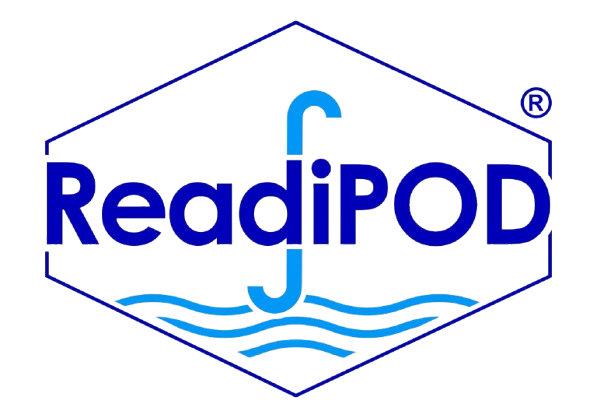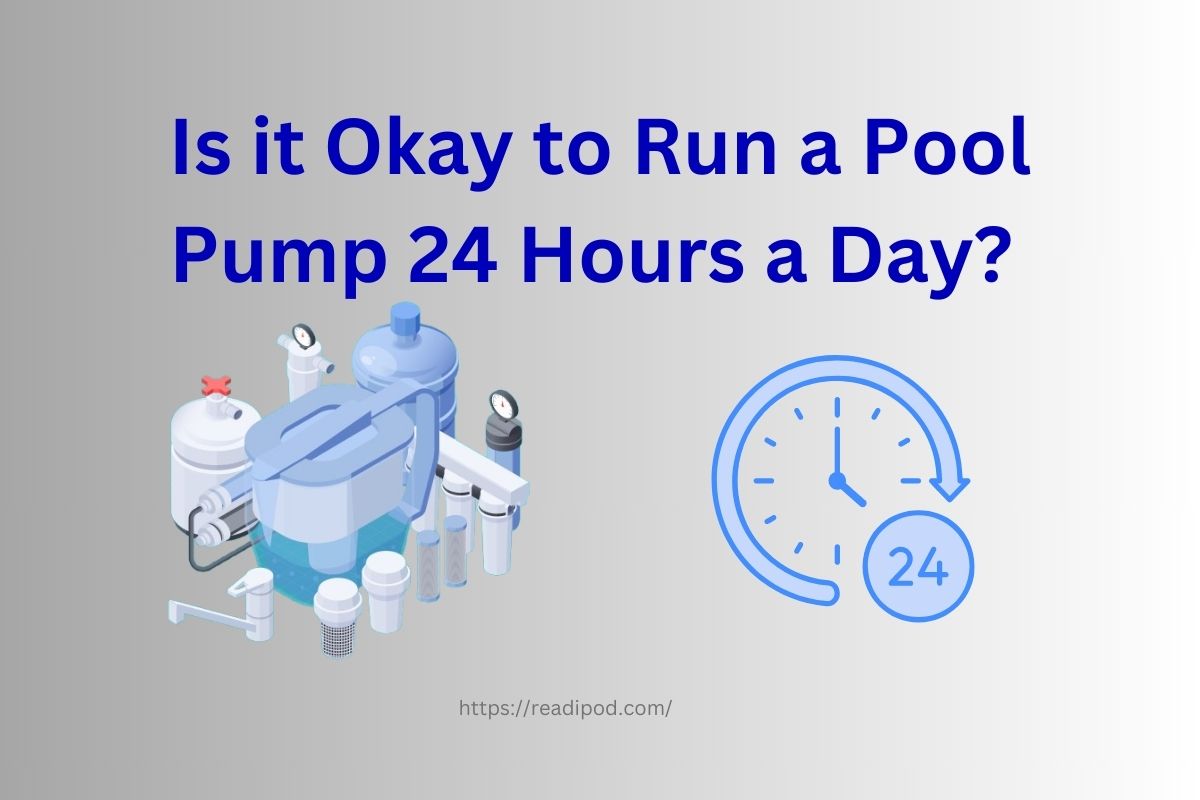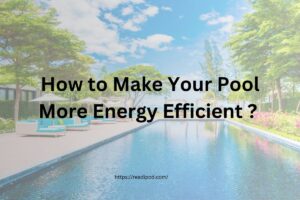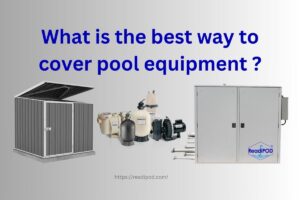A pool pump plays a crucial role in keeping your pool water clean, circulating chemicals evenly, and preventing debris buildup. But when it comes to how long you should run it, many pool owners wonder: Is it okay to run a pool pump 24 hours a day?
While running your pump continuously ensures maximum filtration, it may not always be the most efficient or cost-effective option. Factors like energy consumption, pump longevity, and maintenance costs all come into play when determining the ideal pump runtime.
In this article, we’ll explore the pros and cons of running a pool pump 24/7, expert recommendations for optimal runtime, and energy-efficient alternatives to help you keep your pool clean without unnecessary expenses.
Understanding the Function of a Pool Pump
A pool pump is the heart of your pool’s circulation system, responsible for keeping the water clean, clear, and safe for swimming. It works by pulling water from the pool through skimmers and drains, pushing it through a filtration system to remove dirt and debris, and then returning the clean, chemically balanced water back into the pool. This continuous movement prevents stagnation, distributes chemicals evenly, and helps maintain water clarity.
Proper circulation is essential for preventing algae growth, bacteria buildup, and imbalanced water chemistry. Without adequate filtration, pool water can become cloudy, unsanitary, and unsafe for swimmers. While running the pump is crucial for maintaining a healthy pool, running it 24/7 may not always be necessary. Finding the right balance between filtration efficiency and energy consumption is key to keeping your pool in optimal condition without unnecessary costs.
Pros & Cons of Running a Pool Pump 24/7
| Factor | Pros | Cons |
| Water Circulation & Filtration | Ensures continuous water movement, preventing stagnation and improving filtration efficiency. | Running too long may not provide additional benefits beyond the recommended 8–12 hours. |
| Chemical Distribution | Helps evenly distribute chlorine and other pool chemicals, maintaining balanced water chemistry. | Overuse of chemicals may occur if not monitored properly. |
| Algae & Bacteria Prevention | Constant movement reduces the risk of algae and bacteria growth, keeping water clean and safe. | May not be necessary if the pool receives proper maintenance and cleaning. |
| Debris Removal | Removes leaves, dirt, and insects quickly, reducing the need for manual cleaning. | A well-timed pump cycle can achieve similar results without running 24/7. |
| Ideal for High-Usage Pools | Essential for pools with frequent swimmers, as it helps remove contaminants like oils and sweat. | Not required for pools with lower usage, leading to unnecessary energy consumption. |
| Energy Consumption | None | Running the pump all day significantly increases electricity costs. |
| Pump Longevity | None | Continuous operation can cause excessive wear and tear, leading to a shorter pump lifespan and higher maintenance costs. |
| Environmental Impact | None | Increased energy use contributes to a higher carbon footprint. |
Optimal Pool Pump Run Time: What Experts Recommend
Experts generally recommend running a pool pump for 8 to 12 hours per day to maintain proper water circulation, filtration, and chemical balance without unnecessary energy consumption. The ideal run time depends on factors like pool size, usage, climate, and pump efficiency.
Key Factors Affecting Pool Pump Run Time
- Pool Size & Volume – Larger pools require longer filtration cycles to circulate and clean all the water effectively.
- Usage & Swimmer Load – Pools with frequent swimmers accumulate more oils, sweat, and debris, requiring extended pump operation.
- Climate & Temperature – Warmer temperatures promote algae growth, making longer pump cycles essential during summer.
- Pump Type & Efficiency – Variable-speed pumps can run longer at lower speeds, saving energy while maintaining circulation.
- Filtration System – A high-quality filter may require less pump time compared to older or less efficient systems.
Recommended Pump Run Times Based on Conditions
| Condition | Recommended Run Time |
| Standard residential pool | 8–12 hours/day |
| High-usage or commercial pools | 12–24 hours/day |
| Hot climates or peak summer months | 10–12 hours/day |
| Cooler months or off-season | 4–6 hours/day |
| Variable-speed pumps | 12+ hours at a lower speed |
Energy-Efficient Alternatives to Running the Pump 24/7
Running a pool pump all day is unnecessary and can lead to high energy bills. Instead, there are smarter ways to keep your pool clean while saving money and energy.
One of the best alternatives is using a variable-speed pump, which adjusts speed based on your pool’s needs, using less power while maintaining proper circulation. Experts recommend running your pump for 8 to 12 hours per day, rather than continuously. To further reduce costs, schedule the pump to run during off-peak hours, such as early morning or late at night, when electricity rates are lower.
Regular pool maintenance can also help reduce the need for long pump cycles. Using a pool cover prevents debris from entering the water, while manual skimming and vacuuming reduces strain on the filtration system. Additionally, upgrading to a high-efficiency filter and keeping it clean ensures better water circulation with less energy use.
For an all-in-one energy-saving solution, consider ReadiPOD, a pre-assembled, compact, and efficient pool equipment system. With built-in smart automation, ReadiPOD optimizes pump run times, ensuring your pool stays clean without excessive energy consumption.
Conclusion
Running your pool pump all day may seem like a good idea, but it’s not necessary and can lead to high energy bills. Instead, you can keep your pool clean while saving money by using smart energy-saving methods. Running the pump for 8 to 12 hours a day, using a variable-speed pump, and scheduling it during off-peak hours can reduce electricity costs while keeping the water clear.
Simple steps like using a pool cover, cleaning the filter regularly, and skimming debris help your pool stay clean without overworking the pump. A high-efficiency filter can also improve water circulation while using less energy.
For an easy and efficient solution, ReadiPOD offers a pre-assembled, smart pool system that optimizes pump use and saves energy. By following these simple strategies, you can keep your pool clean, lower costs, and reduce maintenance efforts without running your pump all day.





